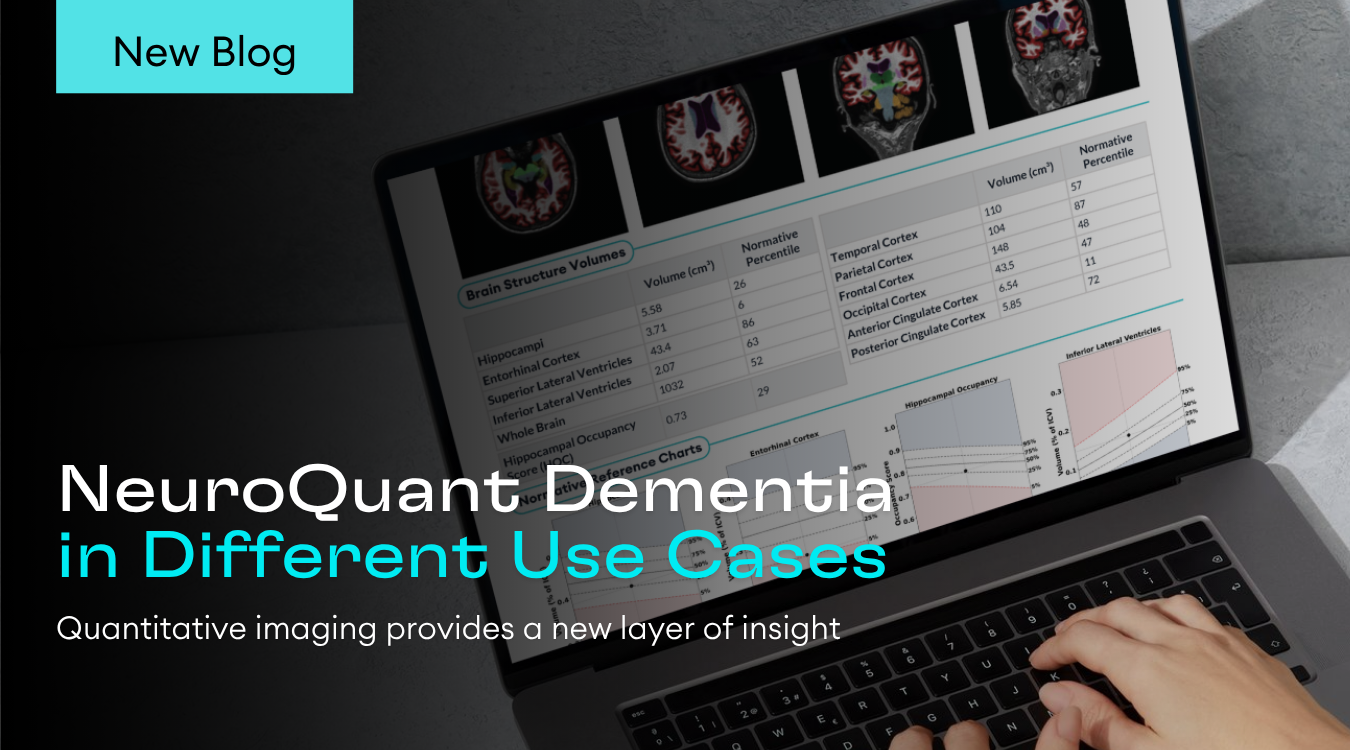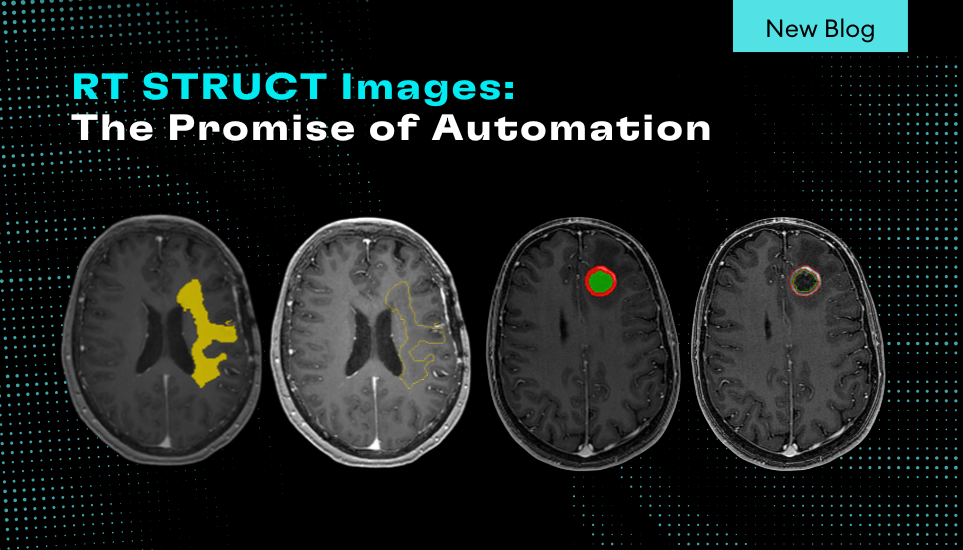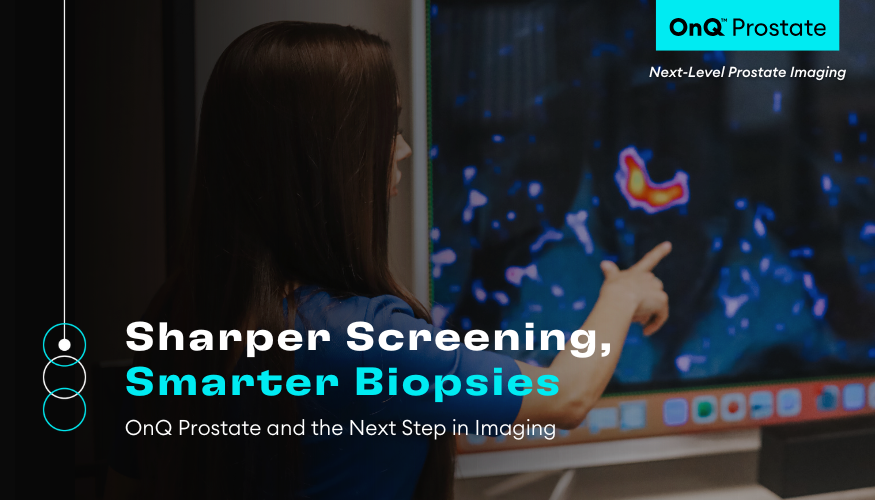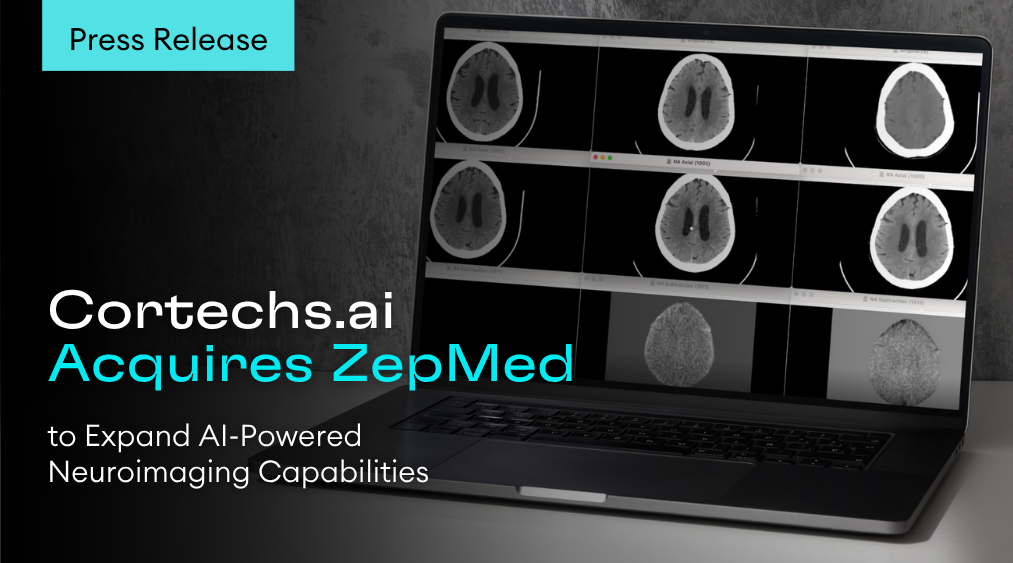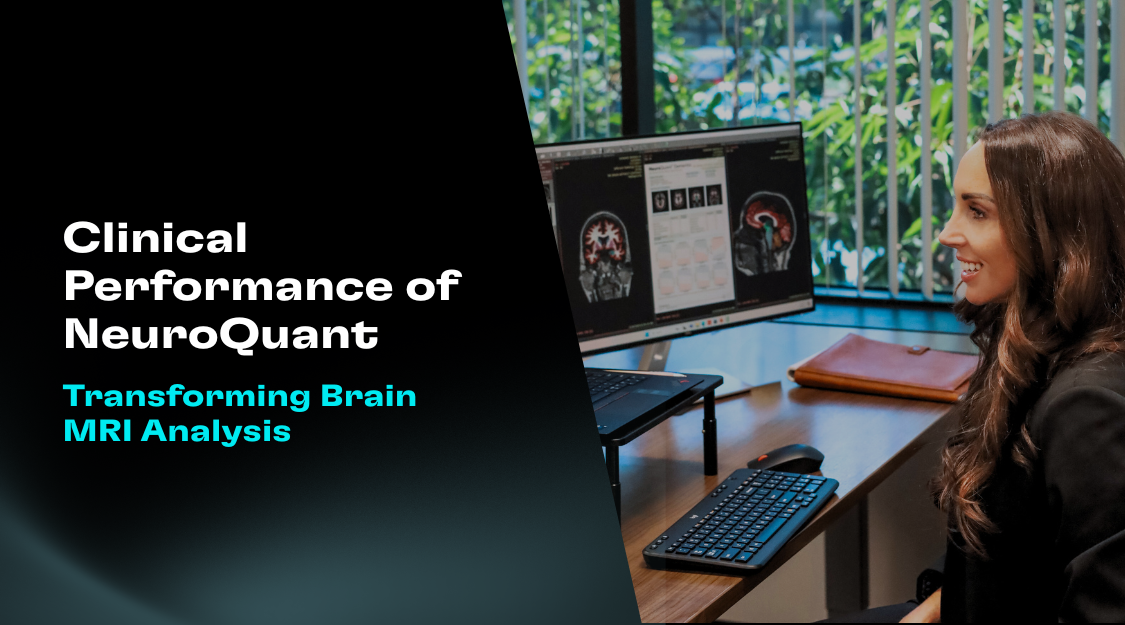When Should You Repeat a Scan for NeuroQuant?
A common question amongst Cortechs customers is: “When I get an error message with NeuroQuant, do I need to repeat the MRI scan? Fortunately, a need to repeat the MRI scan is a rare occurrence! NeuroQuant is designed to be a highly robust tool that can handle a wide range of scan scenarios. Although it is uncommon, there are a few exceptions where repeating the scan is necessary to ensure high quality, accurate volumetric analysis.
Let’s break down some circumstances where repeating the MRI scan may be necessary:
- Patient Motion
- Patient motion during the scan can degrade image quality and prevent accurate segmentation.
- Contrast Agent Administered Before NeuroQuant Sequence
- If the NeuroQuant 3D T1 is obtained after contrast, the series will not process.
- Incorrect Scan Parameters
- Deviation from the required protocol can affect segmentation accuracy. NeuroQuant only supports specifically defined acquisition parameters.
- Incorrect Landmarking
- The NeuroQuant scan must be centered at or within ±50 mm of the glabella. This issue often occurs in dual brain and cervical spine studies. Be sure to reset the isocenter to the glabella before scanning.
- Significant MR Image Artifacts
- Other artifacts, such as phase wrap, RF spikes, or parallel imaging artifact, may affect image clarity and require rescanning.
When will repeating a scan not provide additional benefit?
- Failed Alignment (MI>8)
- Measurement Index (MI) is a metric that outlines how well a patient’s brain anatomy aligns with the NeuroQuant anatomical atlas. If the anatomy differs too greatly (ex: severe ventriculomegaly, large brain pathology, surgical resection), the patient’s study may receive an error message stating MI>8. This is typically incompatible with NeuroQuant processing, unless the error is due to motion or misalignment.
- Metal Artifact
- Depending on the degree of brain tissue obstruction, some metal implants may cause failure in NeuroQuant processing.
What NeuroQuant Needs for Accurate Processing
To achieve optimal results, NeuroQuant requires:
- 3D T1-weighted sagittal MRI sequence (NeuroQuant)
- 3D T1-weighted sagittal and T2 FLAIR MRI sequence (NeuroQuant MS)
- Scans acquired at 1.2T, 1.5T, or 3.0T (additional field strengths in the process of being validated)
- Proper positioning and landmarking
NeuroQuant includes a built-in data filter to confirm that your scan meets required parameters before analysis begins. If an unsupported sequence is sent (e.g., axial T1, DWI, localizer), the software will reject it and return an error—not because the patient needs rescanning, but because the wrong series was submitted.
Avoid These Common Pitfalls
- Patient Motion
- Sending Post-Contrast Sequences
- Using Unsupported Protocol
- Positioning Patient Incorrectly
- Sending the Entire Exam
- Imaging Artifacts
Accurate Inputs = Accurate Results
Following these guidelines will help ensure you get the most reliable brain volumetrics from NeuroQuant every time!
Additional Questions?
Our Cortechs.ai Support Team is here Monday through Friday from 7:00 AM – 5:00 PM PT.
Email: support@cortechs.ai
For the fastest response, email the full Support Team rather than individual members.
